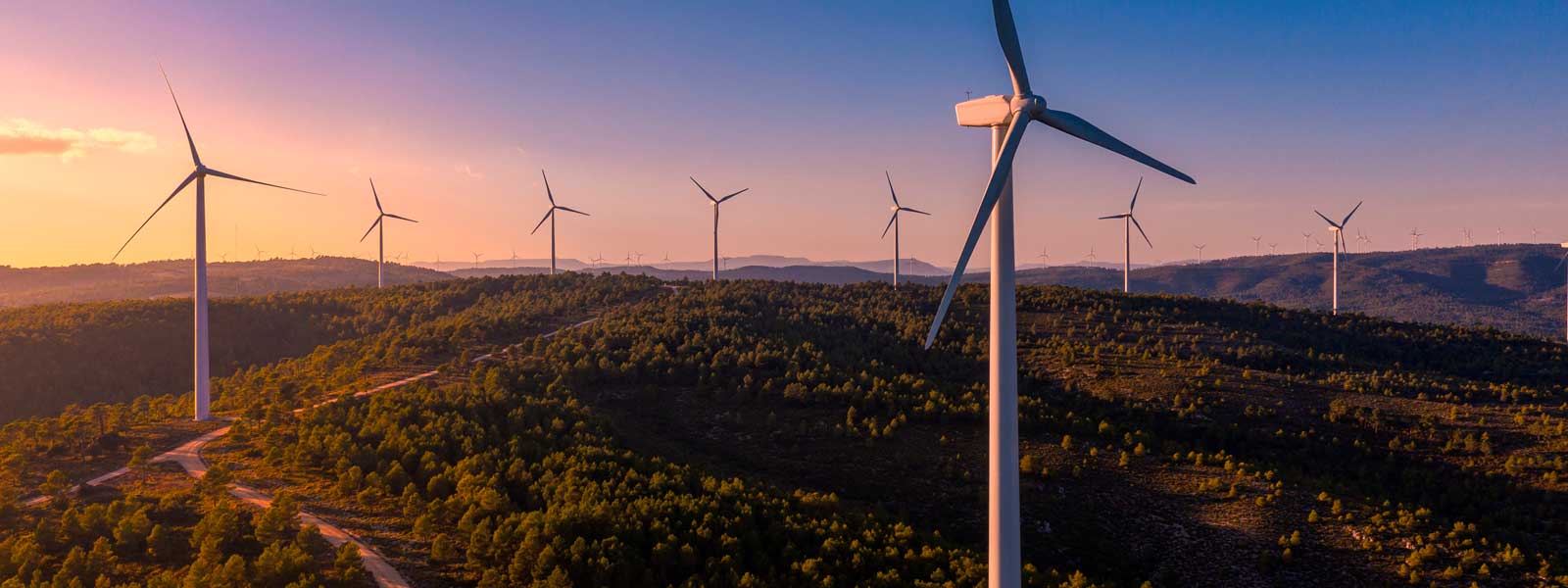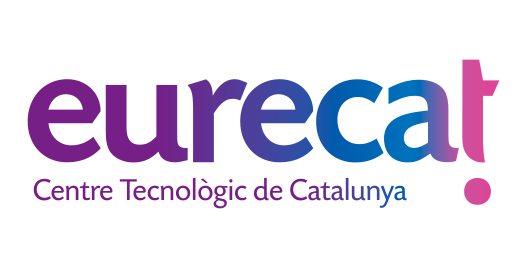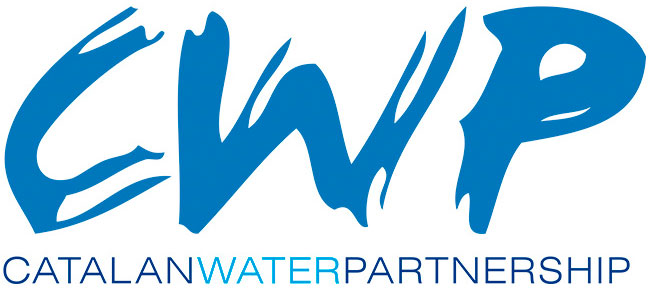“Catalonia is really the industrial base of Spain, especially for chemicals and pharmaceuticals. We have a very good talented pool and people with a global mindset”
Akihiro Kadokura, CEO of AGC Europe
In Catalonia, chemical, energy and resources have always been an essential factor for competitiveness and economic development.

Catalonia is Spain’s leading region for the chemical industry, boasting the highest number of companies, revenue, and employment. As of 2023, it is home to 1,579 chemical companies, employing 30.6% of the Spanish chemical workforce and 13% of Catalonia’s total industrial employment. The chemical industry is also Catalonia’s second-largest manufacturing sector, generating €31.79 billion in revenue in 2022, equivalent to 36.2% of Spain’s total chemical turnover.
The region is organized around three main chemical hubs - Barcelona, Tarragona, and Vallès - which together account for 78.6% of companies, 86.9% of revenue, and 81.7% of jobs in the sector. Each area plays a distinct role along the value chain: Tarragona specializes in primary chemicals, petrochemicals, and polymers; Vallès focuses on detergents, paints, and fertilizers; and Barcelona hosts intermediate and specialty producers, particularly in cosmetics, personal care, and pharmaceuticals, while serving as the preferred location for sales offices and corporate headquarters.
Located 100 km south of Barcelona, ChemMed Tarragona is Southern Europe’s principal chemical hub. It is home to over a hundred companies of varying sizes, equipped with cutting-edge infrastructure and direct access to the Port of Tarragona. Its strategic location, close to the airports of Reus and Barcelona and along the Mediterranean Corridor linking Europe and Africa, makes it a natural logistics and production center for the chemical industry.
The cluster also serves as a hub for potential partners and suppliers in the chemical, energy, and resource industries, as well as a foundation for leading research institutions such as the Catalan Chemical Research Institute (ICIQ) and the Chemical Technology Center (CTQC). It is also home to the Southern Catalonia International Campus of Excellence (CEICS), the Rovira i Virgili University (URV), and several specialized vocational training centers.
Catalonia has a robust network of scientific and technological institutions that drive innovation and technology transfer. Key research centers include the ICIQ, a global leader in catalysis and renewable energy research; the ALBA Synchrotron, currently being upgraded to a fourth-generation facility under the ALBA II project; the Barcelona Biomedical Research Park (PRBB), a leader in southern Europe; and the Institute of Photonic Sciences (ICFO), recognized among the world’s foremost photonics institutes. The Barcelona Supercomputing Center (BSC), hosting one of the most powerful supercomputers in southern Europe, further strengthens this innovation ecosystem.
“Catalonia is really the industrial base of Spain, especially for chemicals and pharmaceuticals. We have a very good talented pool and people with a global mindset”
Akihiro Kadokura, CEO of AGC Europe


€31.8B IN TURNOVER

64,328 EMPLOYEES

1,579 COMPANIES
“Many companies operating in chemistry in Catalonia collaborate with each other and create an ecosystem that fosters the growth of the whole sector”
Carles Navarro, Managing Director BASF Spain

Catalonia has consolidated its position as a strategic logistics hub for the chemical industry and a key gateway for chemical trade in southern Europe. The Ports of Barcelona and Tarragona specialize in chemical transport and are connected through a modern multimodal network linking maritime, rail, and road infrastructure. In 2023, the Port of Barcelona handled 62.4 million tonnes of goods, almost 10% corresponding to chemicals, while the Port of Tarragona moved 32 million tonnes, including 3.4 million tonnes of chemical products — an increase of nearly 80% over the previous year. Together, they position Catalonia among Europe’s most efficient intermodal platforms for the movement of chemical products.
Major international investments continue to strengthen Catalonia’s position as a hub for chemical innovation. Miwon (South Korea) is investing €9 million in a new production plant for ultraviolet-curing resins in Manresa, including a new R&D laboratory. Repsol is leading an €800 million project through Ecoplanta Tarragona, the first European facility to produce renewable and circular methanol from urban waste using advanced gasification technology. Meanwhile, Covestro has invested €51 million to enhance energy efficiency and decarbonization at its Tarragona site, aiming to save 72,000 MWh of energy and reduce 13,000 tonnes of CO₂ emissions annually. These projects highlight how proximity to key European markets, combined with industrial and research capacity, continues to attract significant foreign investment in Catalonia’s chemical sector.
Between 2020 and 2024, Catalonia ranked as the third leading European region for foreign investment projects in chemicals and plastics, and the eighth worldwide.
Within Spain, Catalonia leads the sector, attracting 45% of national projects, 39% of total investment, and 34% of employment generated by chemical FDI. From 2018 to 2022, 32 companies carried out 39 FDI projects, investing €654 million and creating 1,262 jobs.
The main investors are Germany, followed by the United States and France, with leading multinationals such as BASF, DOW, and AkzoNobel among those expanding their presence in the region.

Access our report on the Chemical Industry in Catalonia and see the latest initiatives in this powerful industry in Catalonia.
See below which are the main research centers and institutions that develop chemical solutions in Barcelona-Catalonia.






05 Feb 2026
Catalonia assumes the presidency of the ECRN, the European Union’s leading chemical industry network
17 Dec 2025
SEAT & CUPRA invests €4.85 million in a new Circular Economy Hub in Barcelona
16 Jul 2025
Decarbonizing Industry: Experiences in Hydrogen, Energy & Sustainability from Catalonia
30 Jun 2025
PreZero invests €42M in Barcelona to launch Spain’s largest SRF plant and first urban biomethane facility